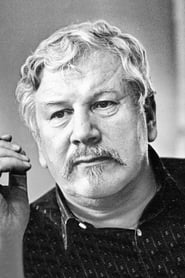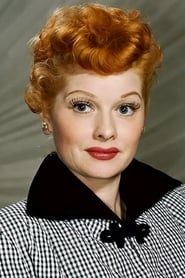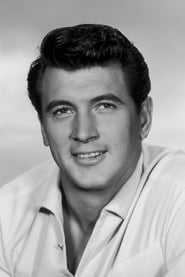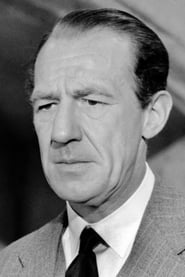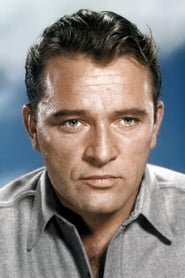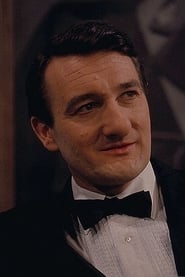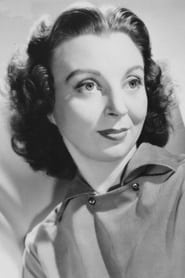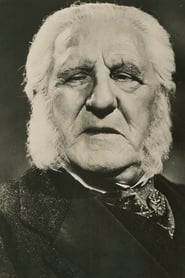The best Elizabeth Taylor’s history movies
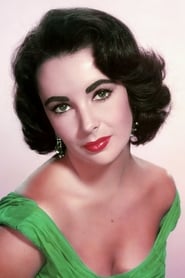
Dame Elizabeth Rosemond "Liz" Taylor, DBE (February 27, 1932 – March 23, 2011) was a British-American actress. From her early years as a child star with MGM, she became one of the great screen actresses of Hollywood's Golden Age. As one of the world's most famous film stars, Taylor was recognized for her acting ability and for her glamorous lifestyle, beauty and distinctive violet eyes.
National Velvet (1944) was Taylor's first success, and she starred in Father of the Bride (1950), A Place in the Sun (1951), Giant (1956), Cat on a Hot Tin Roof (1958), and Suddenly, Last Summer (1959). She won the Academy Award for Best Actress for BUtterfield 8 (1960), played the title role in Cleopatra (1963), and married her co-star Richard Burton. They appeared together in 11 films, including Who's Afraid of Virginia Woolf? (1966), for which Taylor won a second Academy Award. From the mid-1970s, she appeared less frequently in film, and made occasional appearances in television and theatre.
Her much publicized personal life included eight marriages and several life-threatening illnesses. From the mid-1980s, Taylor championed HIV and AIDS programs; she co-founded the American Foundation for AIDS Research in 1985, and the Elizabeth Taylor AIDS Foundation in 1993. She received the Presidential Citizens Medal, the Legion of Honour, the Jean Hersholt Humanitarian Award and a Life Achievement Award from the American Film Institute, who named her seventh on their list of the "Greatest American Screen Legends". Taylor died of congestive heart failure at the age of 79.
Quo Vadis
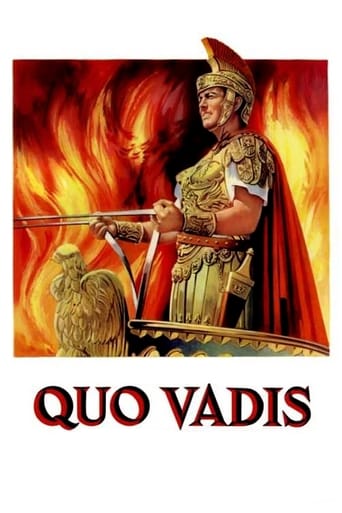
7.1/10
Set against the back drop of Rome in crisis, General Marcus Vinicius returns to the city from the battle fields and falls in love with a Christian woman, Lygia. Caught in the grip of insanity, Nero's atrocities become more extreme and he burns Rome, laying the blame on the Christians. Vinicius races to save Lygia from the wrath of Nero as the empire of Rome collapses around them.
Cleopatra
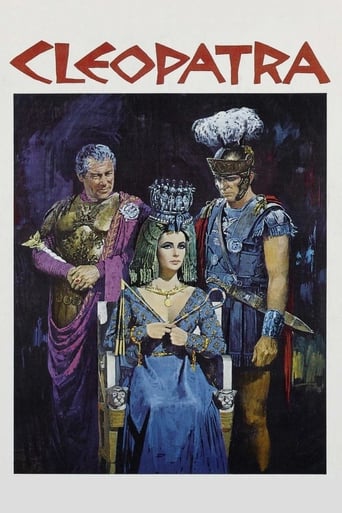
7/10
Determined to hold on to the throne, Cleopatra seduces the Roman emperor Julius Caesar. When Caesar is murdered, she redirects her attentions to his general, Marc Antony, who vows to take power—but Caesar’s successor has other plans.
Becket
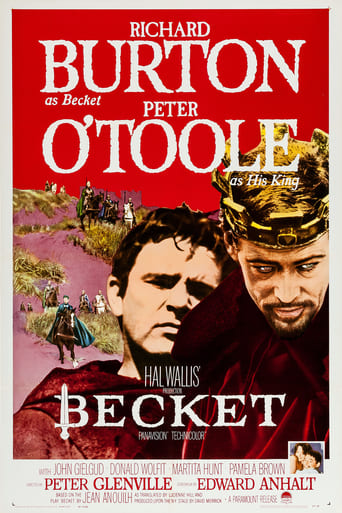
7.8/10
King Henry II of England has trouble with the Church. When the Archbishop of Canterbury dies, he has a brilliant idea. Rather than appoint another pious cleric loyal to Rome and the Church, he will appoint his old drinking and wenching buddy, Thomas Becket, technically a deacon of the church, to the post. Unfortunately, Becket takes the job seriously and provides abler opposition to Henry.
Anne of the Thousand Days
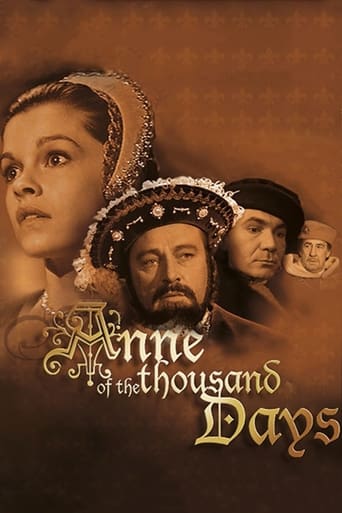
7.4/10
Henry VIII of England discards one wife, Katharine of Aragon, who has failed to produce a male heir, in favor of the young and beautiful Anne Boleyn.
Charles Bronson: The Spirit of Masculinity
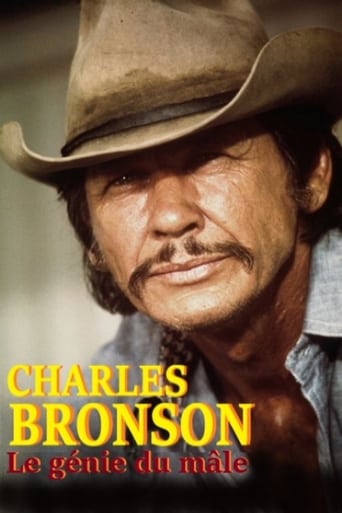
7/10
With his grizzled moustache and chiselled features, Charles Bronson is the embodiment of a slightly archaic, brooding and almost reactionary virility. But who is he really? Often hired to play marginalised Native American or Mexican characters before he was typecast as the image of a lone killer, Bronson was a major figure in the popular cinema of the 1960s and 70s and his stony-faced, physical acting and career are worthy of a second look.
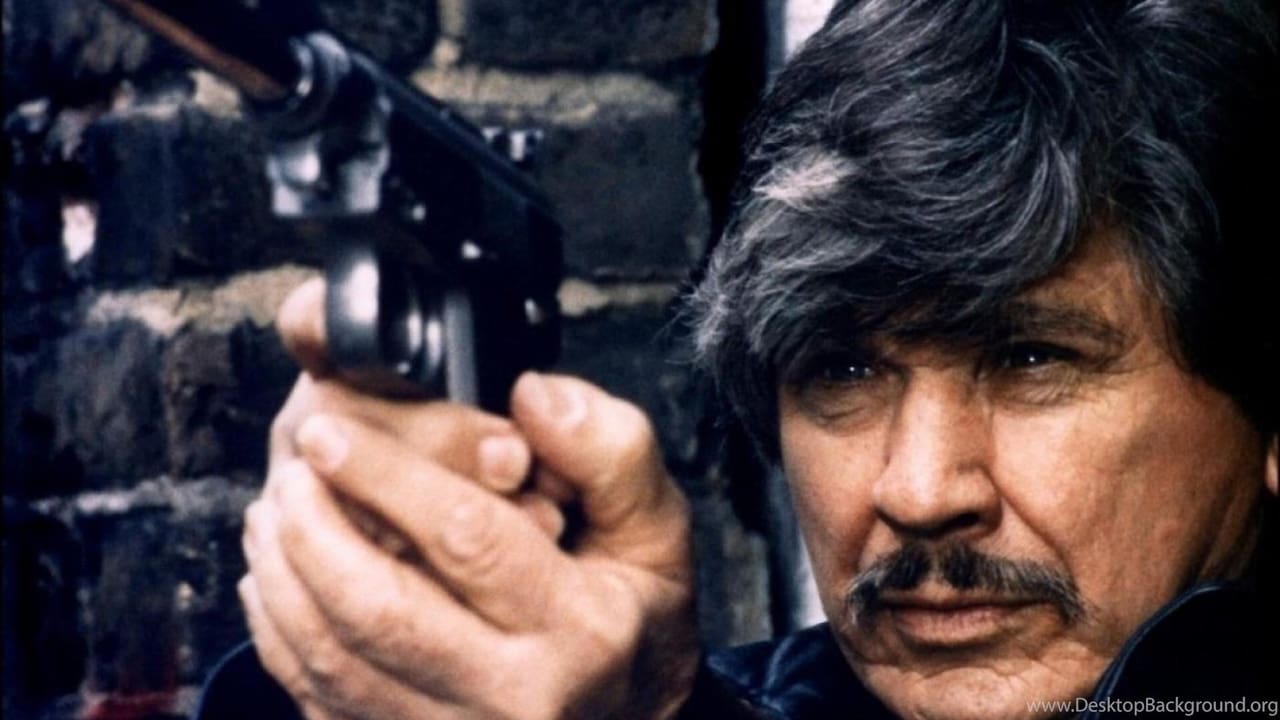
Victory at Entebbe
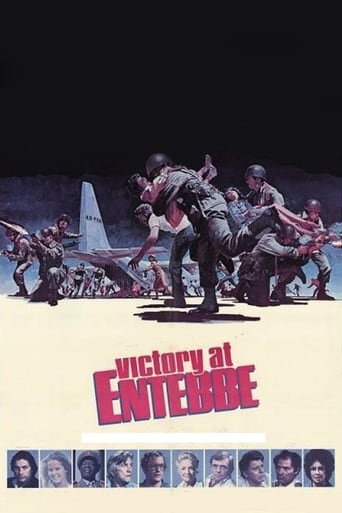
5.9/10
The film is based on an actual event: Operation Entebbe and the freeing of Israeli hostages at Entebbe Airport (now Entebbe International Airport) in Uganda.
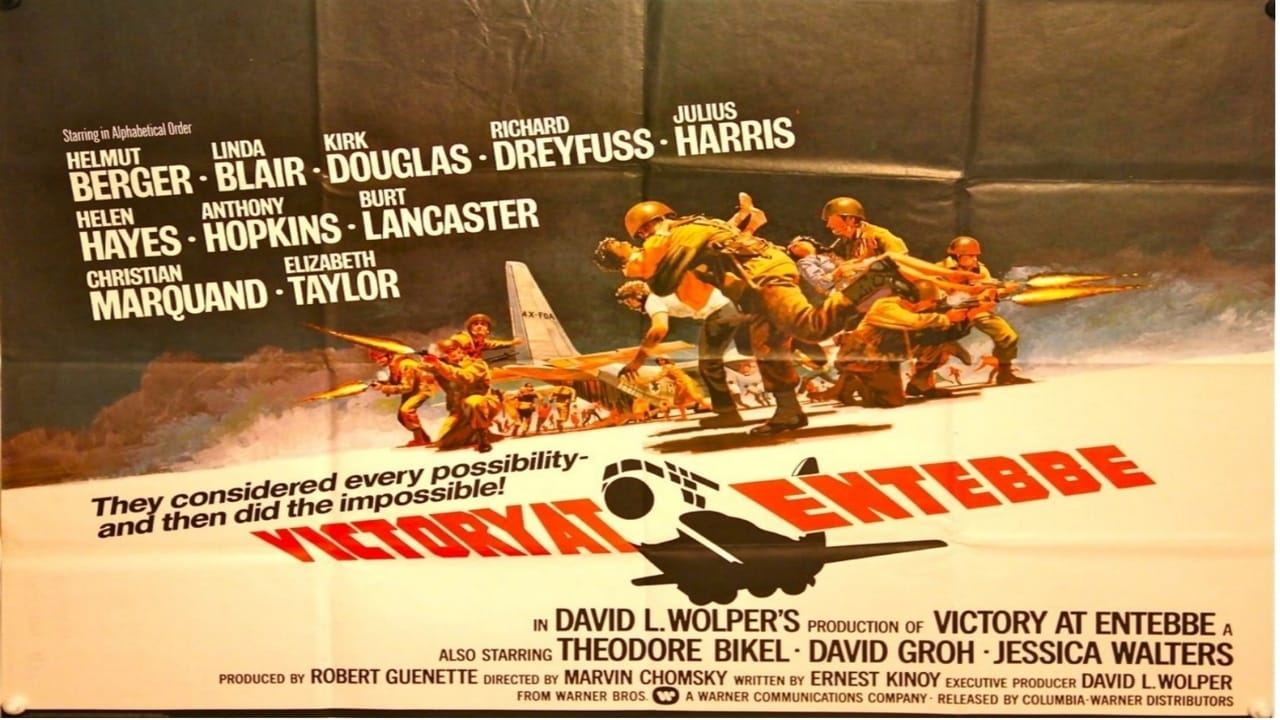
Beau Brummell
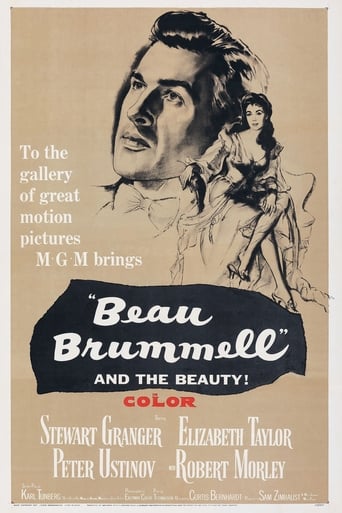
6.4/10
Lavishly told story of George Bryan Brummel, a commoner born in the era of Napoleon who uses wit, brilliance and sartorial flair to align himself with the future King George IV. Lush settings in authentic locations and Taylor in Regency …
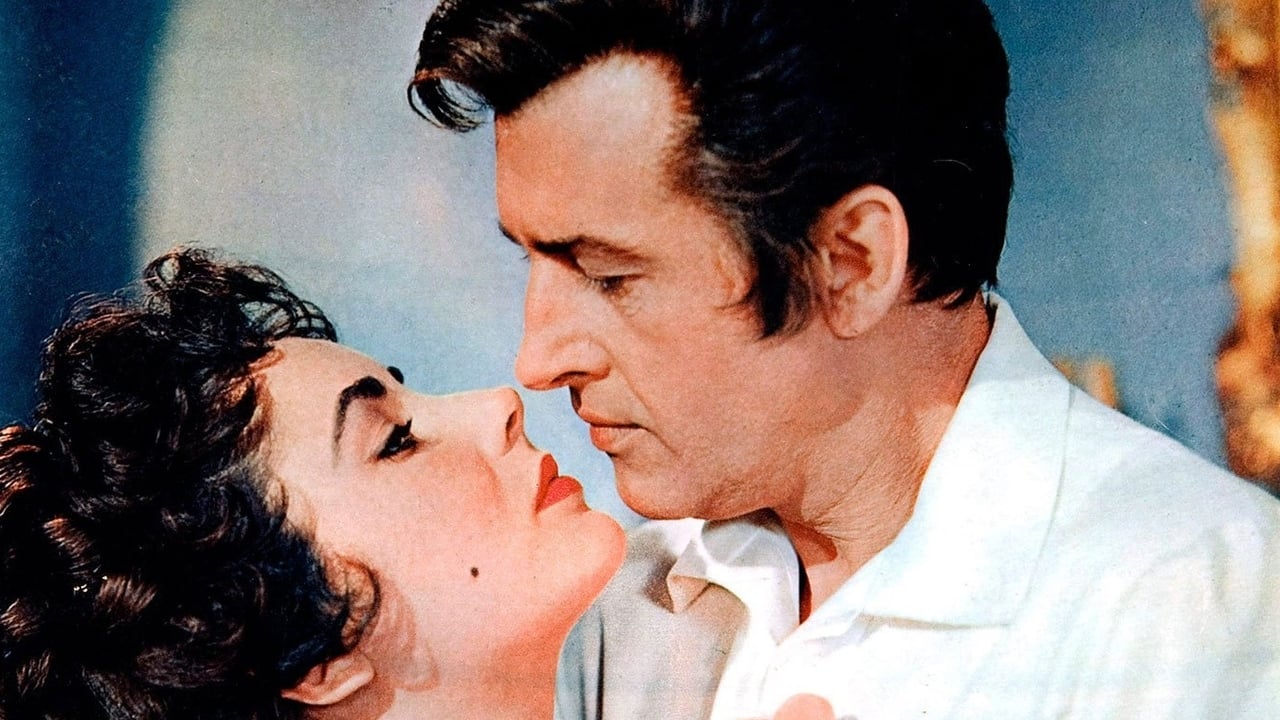
A Star Is Born World Premiere
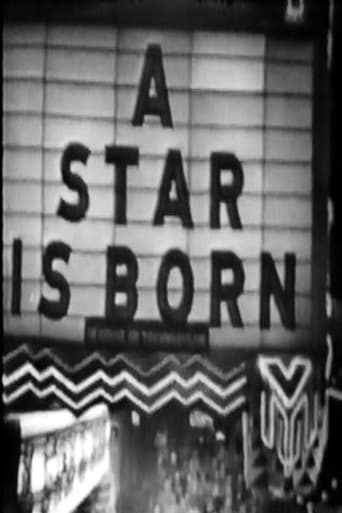
7.3/10
Live television broadcast of the world premiere. Described by various participants as the biggest world premiere in memory, even bigger than the Academy Awards.
Genocide
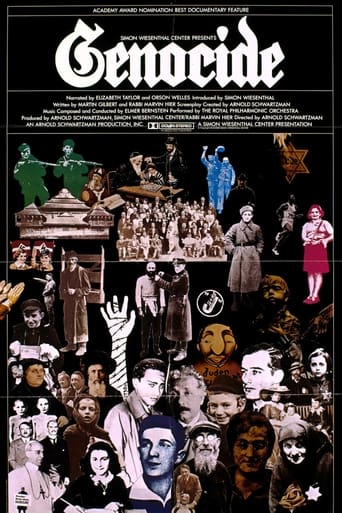
7.3/10
The mass murder of Jewish people by the Nazi regime is chronicled, with a warning that anti-Semitism is on the rise and the events of the Holocaust could happen again. The history of European Jewish culture and events before and during the Holocaust are seen in newsreels, photographs, and animated segments. The words of the victims of the era are read, and footage from the liberation os a concentration camp is shown.
The Silver Screen: Color Me Lavender
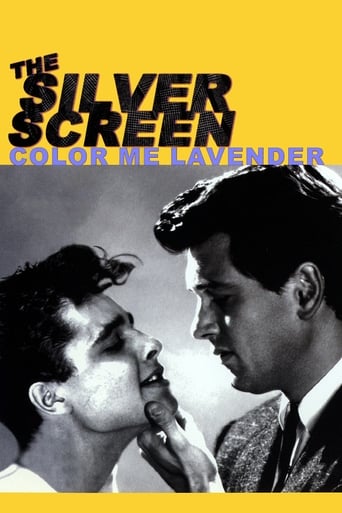
6.3/10
A film scrapbook, images, phrases from our past, hiding their meanings behind veils. Let's lift those veils, one by one, to find how images, at one time seeming innocent, have revealed, after decades, to have homosexual overtones.
New York Premiere Telecast 'Giant'
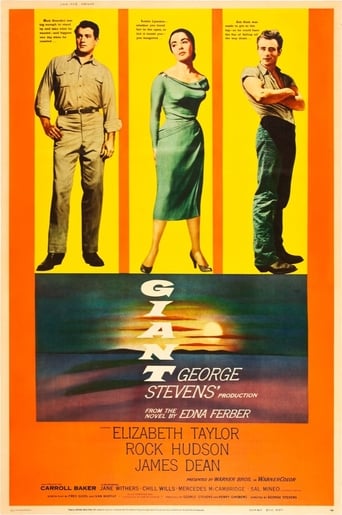
Star studded charity New York premiere of the film Giant





